Unveiling the Symbolism: Jesus’ Parables and Their Modern Relevance
Introduction:
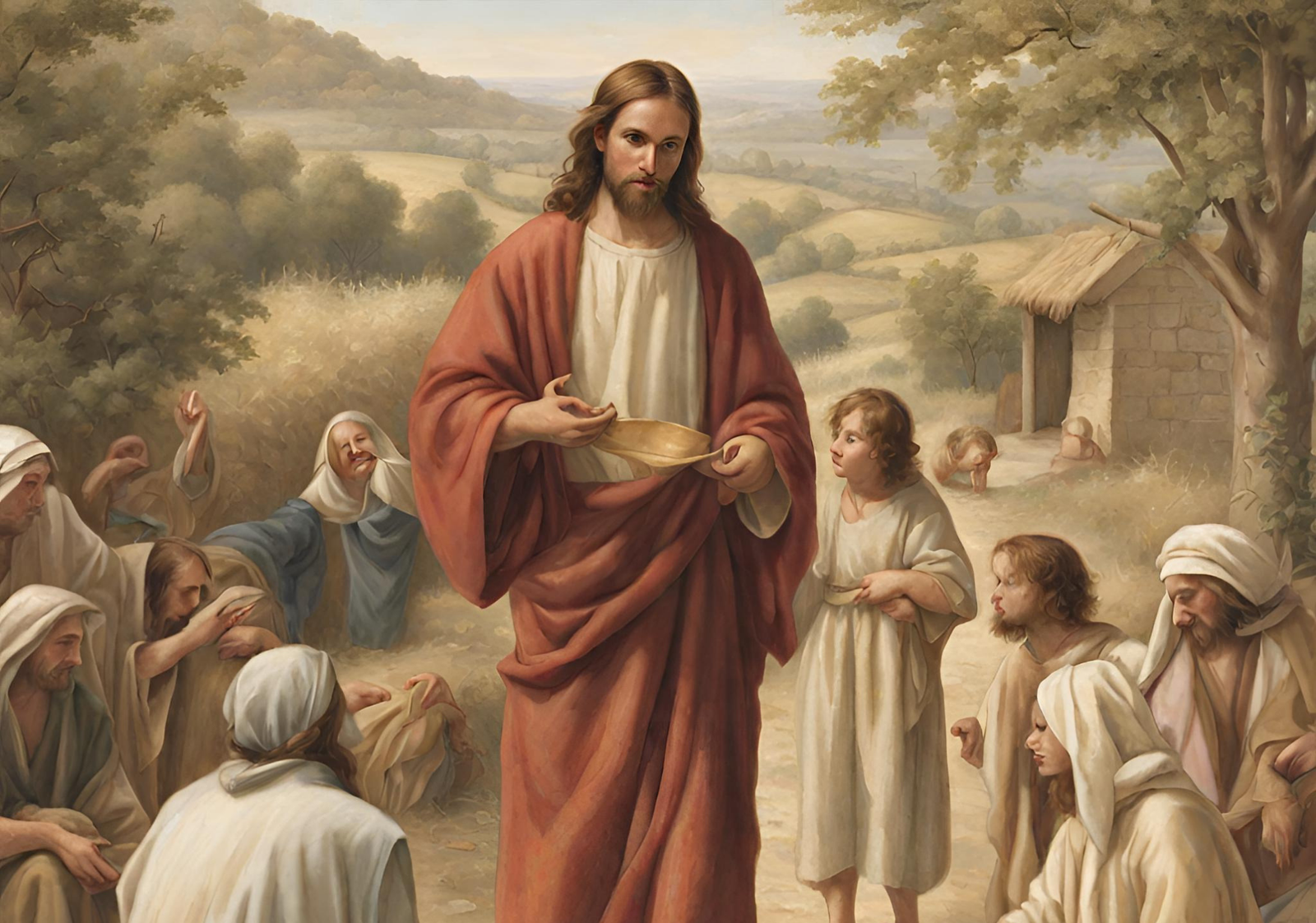
The parables shared by Jesus are timeless narratives filled with profound symbolism that transcends the historical context in which they were spoken. These stories, often simple in appearance, carry layers of meaning that continue to resonate in modern life, offering valuable insights into human nature, morality, and the divine. Let’s delve into the symbolism behind some of these parables and discover their enduring relevance in the complexities of contemporary existence.
The Good Samaritan:
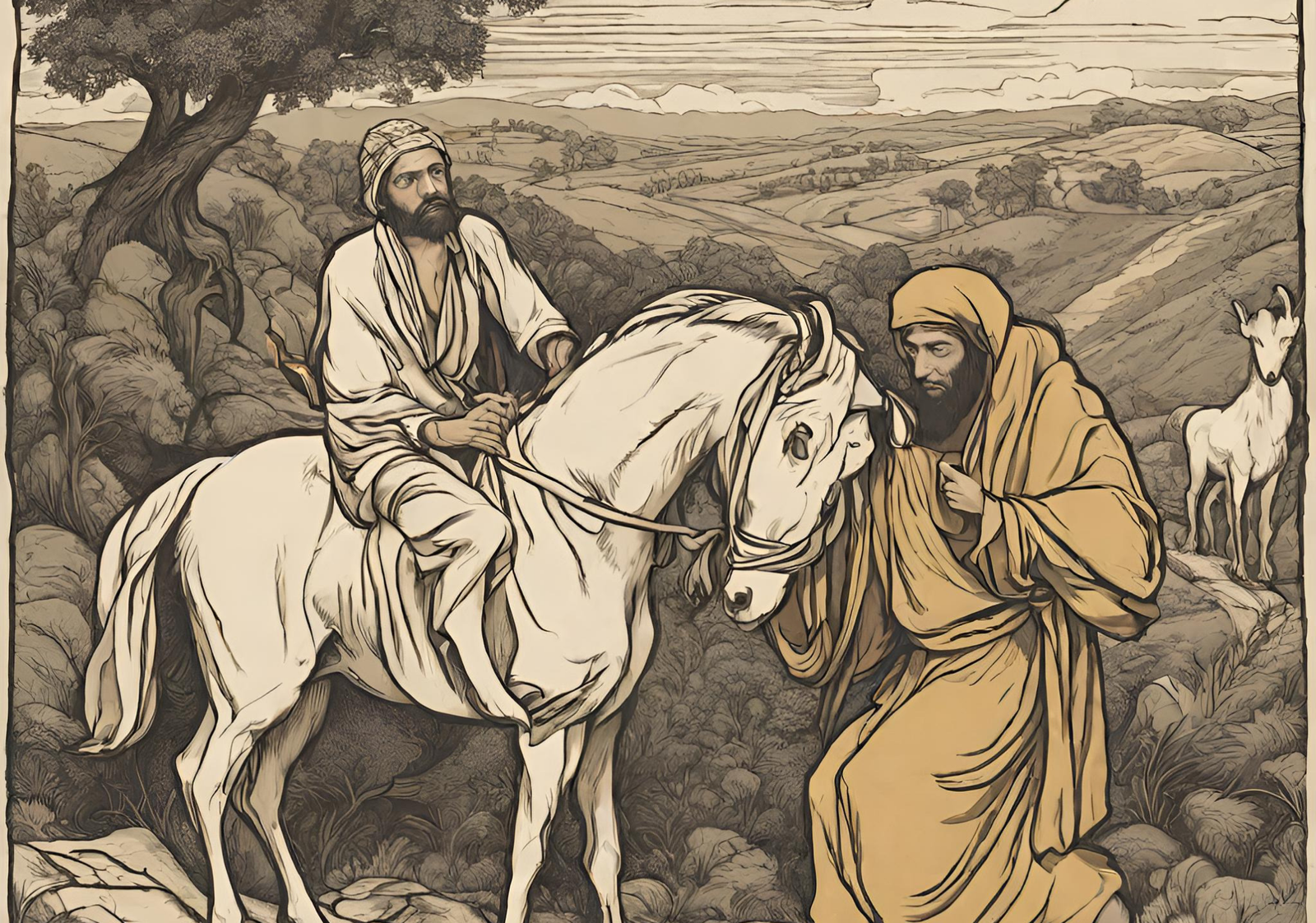
The parable of the Good Samaritan is a poignant tale that challenges societal prejudices and emphasizes the importance of compassion. In modern life, its symbolism calls us to break down barriers of prejudice and extend help to those in need, regardless of their background. The Samaritan’s unexpected kindness becomes a timeless reminder that empathy knows no boundaries.
The Prodigal Son:
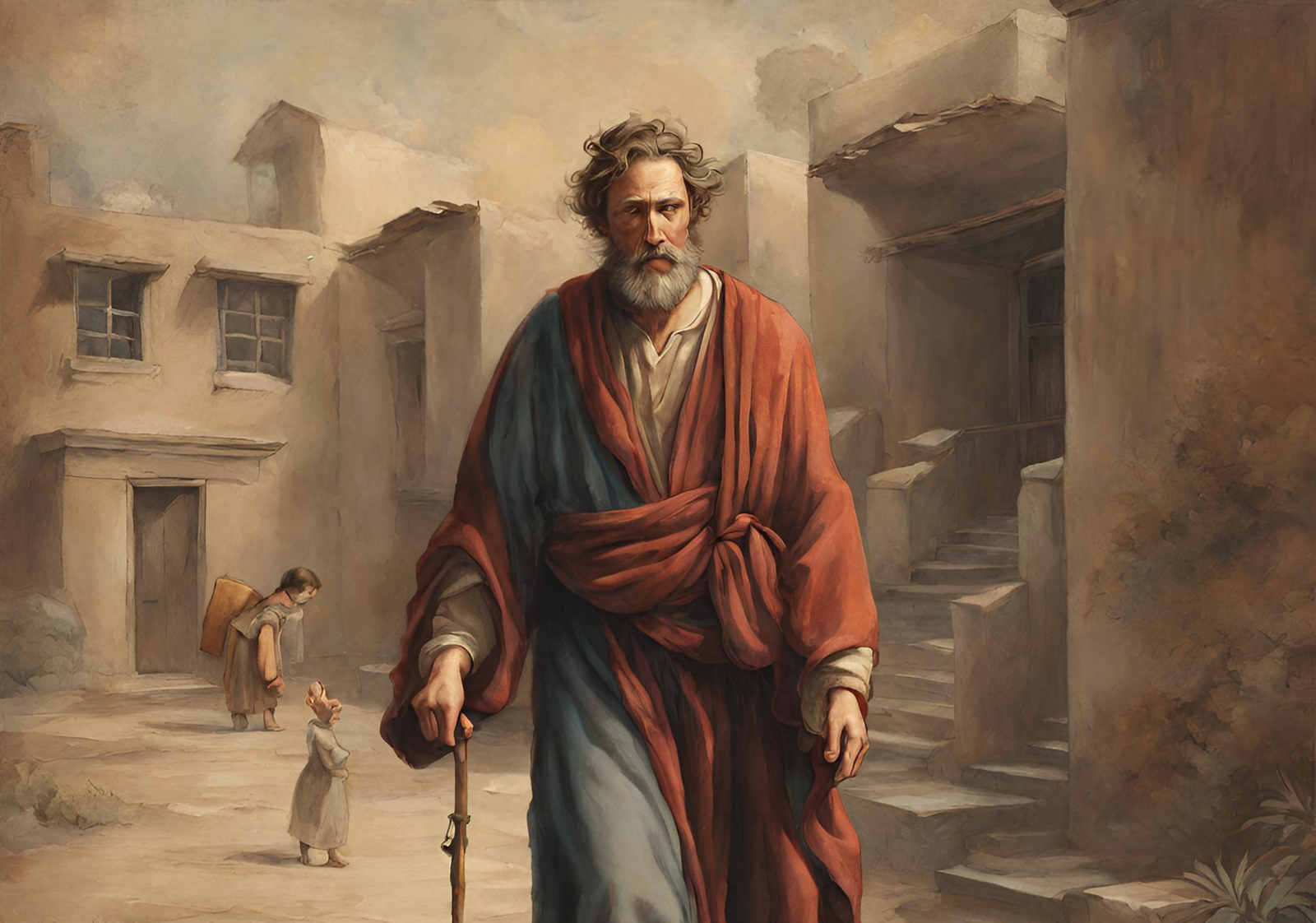
The parable of the Prodigal Son explores themes of forgiveness, redemption, and the unconditional love of a father. Its symbolism echoes in our modern struggles with forgiveness and the quest for acceptance. In a world often marked by judgment and condemnation, this parable urges us to embrace second chances and exemplifies the transformative power of unconditional love.
The Mustard Seed:
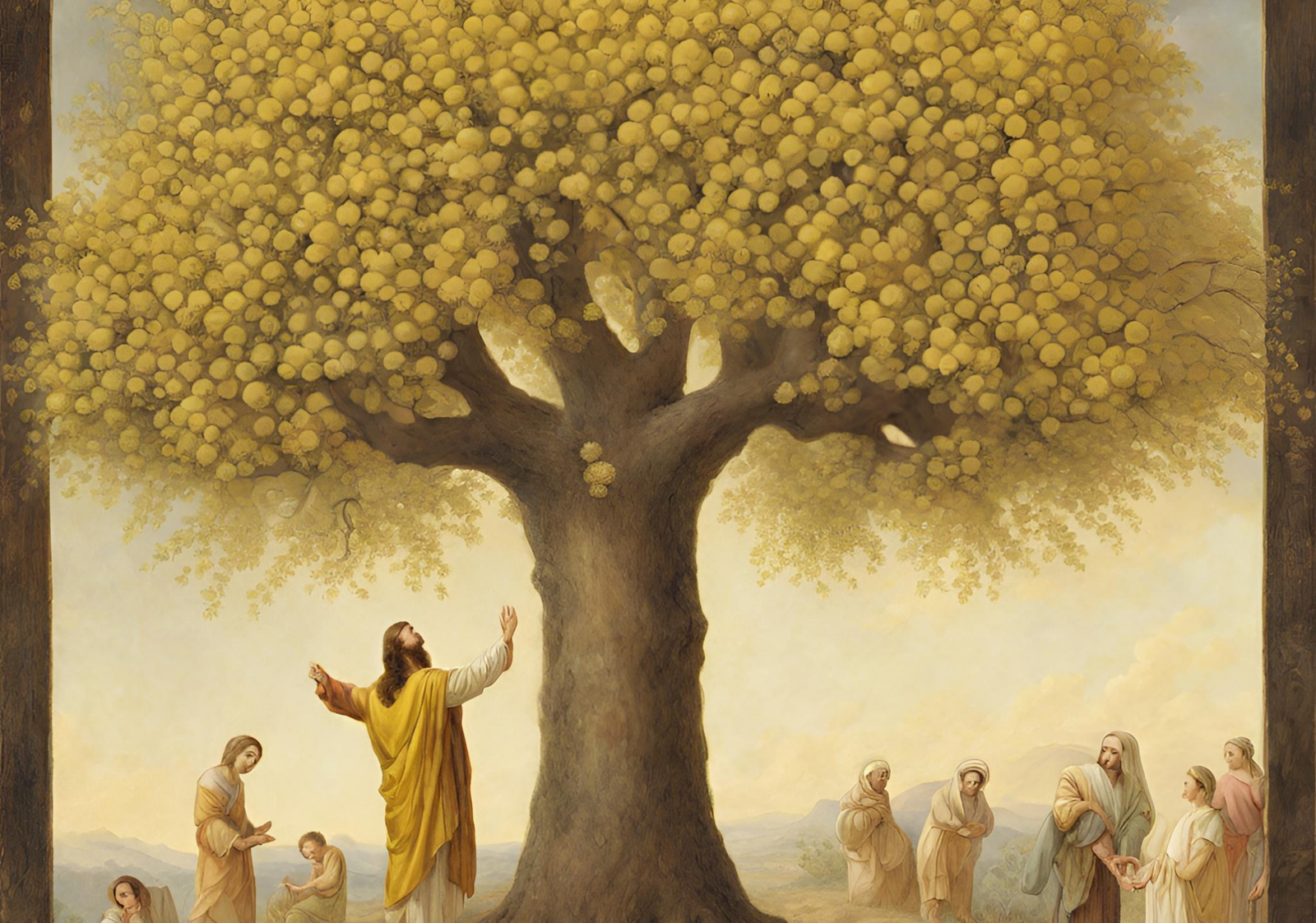
In the parable of the Mustard Seed, Jesus employs the image of a tiny seed growing into a large tree to convey the transformative potential of faith. This symbolism remains relevant in contemporary life, reminding us that small acts of kindness, faith, or positive change can have far-reaching consequences. It encourages us to nurture the seemingly insignificant aspects of our lives, knowing they can blossom into something impactful.
The Wheat and the Tares:

Addressing the coexistence of good and evil in the world, the parable of the Wheat and the Tares provides profound insights into the complexities of human nature. Its symbolism challenges us to navigate the moral ambiguities of modern life with discernment and patience. In a society grappling with ethical dilemmas, this parable encourages us to strive for goodness while acknowledging and addressing the existence of challenges and imperfections.
The Lost Sheep:
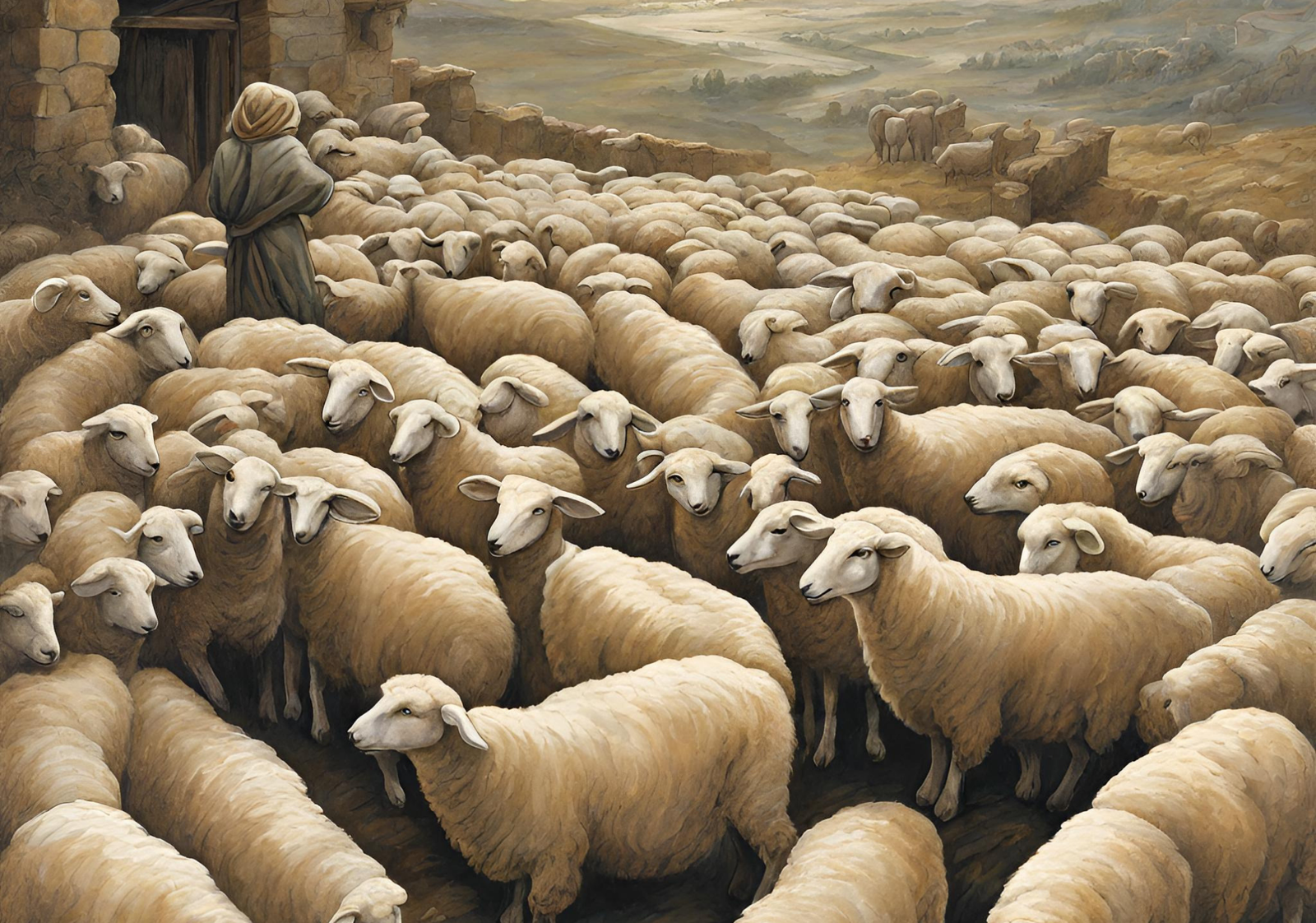
The parable of the Lost Sheep emphasizes the relentless pursuit of the one who strays. Its symbolism resonates in our modern world, where individuals may feel lost or disconnected. This parable encourages communities to actively seek out and support those who are marginalized or struggling, fostering a sense of collective responsibility and care.
Conclusion:
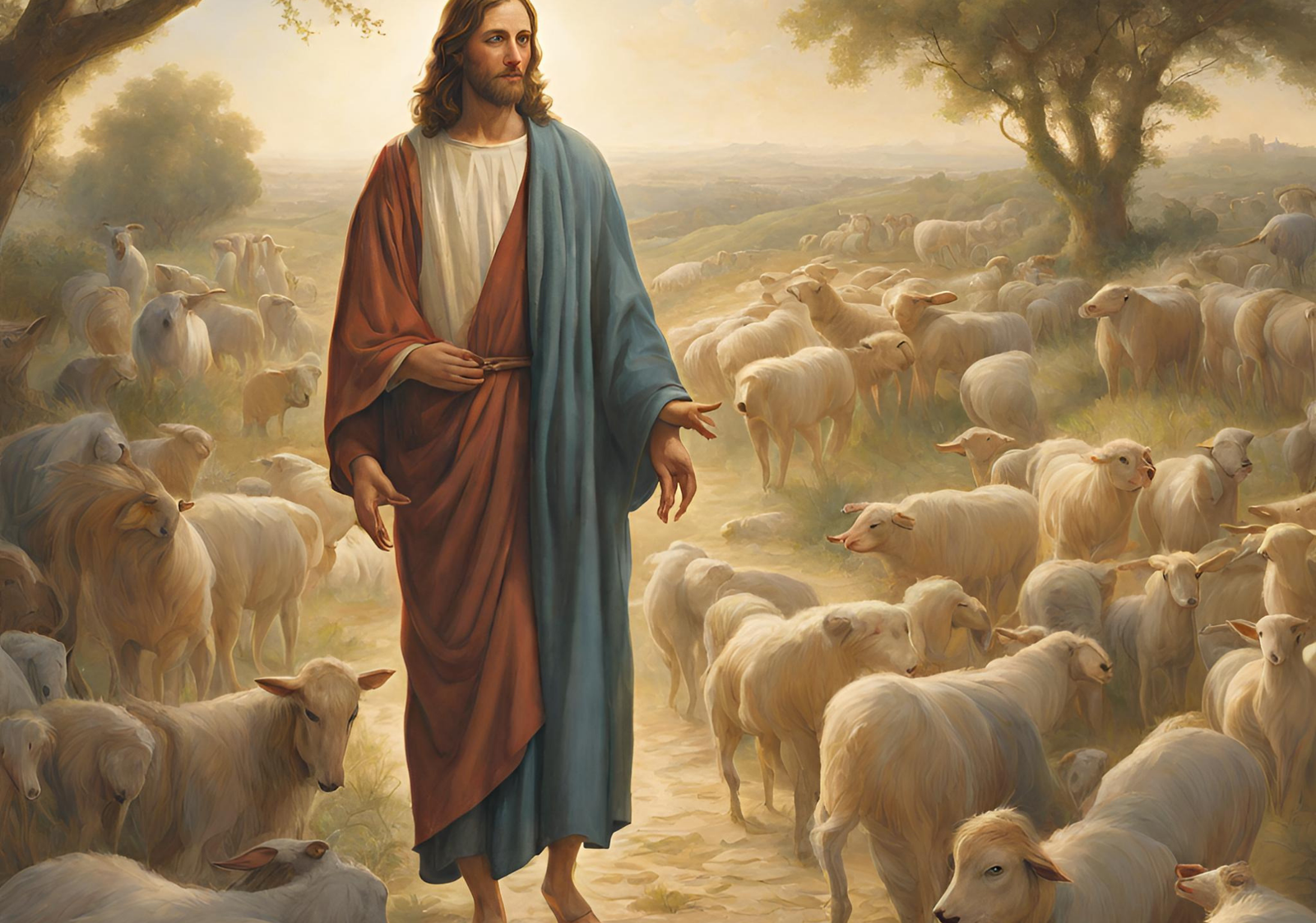
Jesus’ parables, with their rich symbolism, continue to be a wellspring of wisdom and guidance in navigating the complexities of modern life. The themes of compassion, forgiveness, faith, and moral discernment embedded in these narratives transcend time, offering profound insights into the human condition. As we unravel the layers of meaning within these parables, we find a timeless relevance that challenges, inspires, and guides us on our individual and collective journeys.




